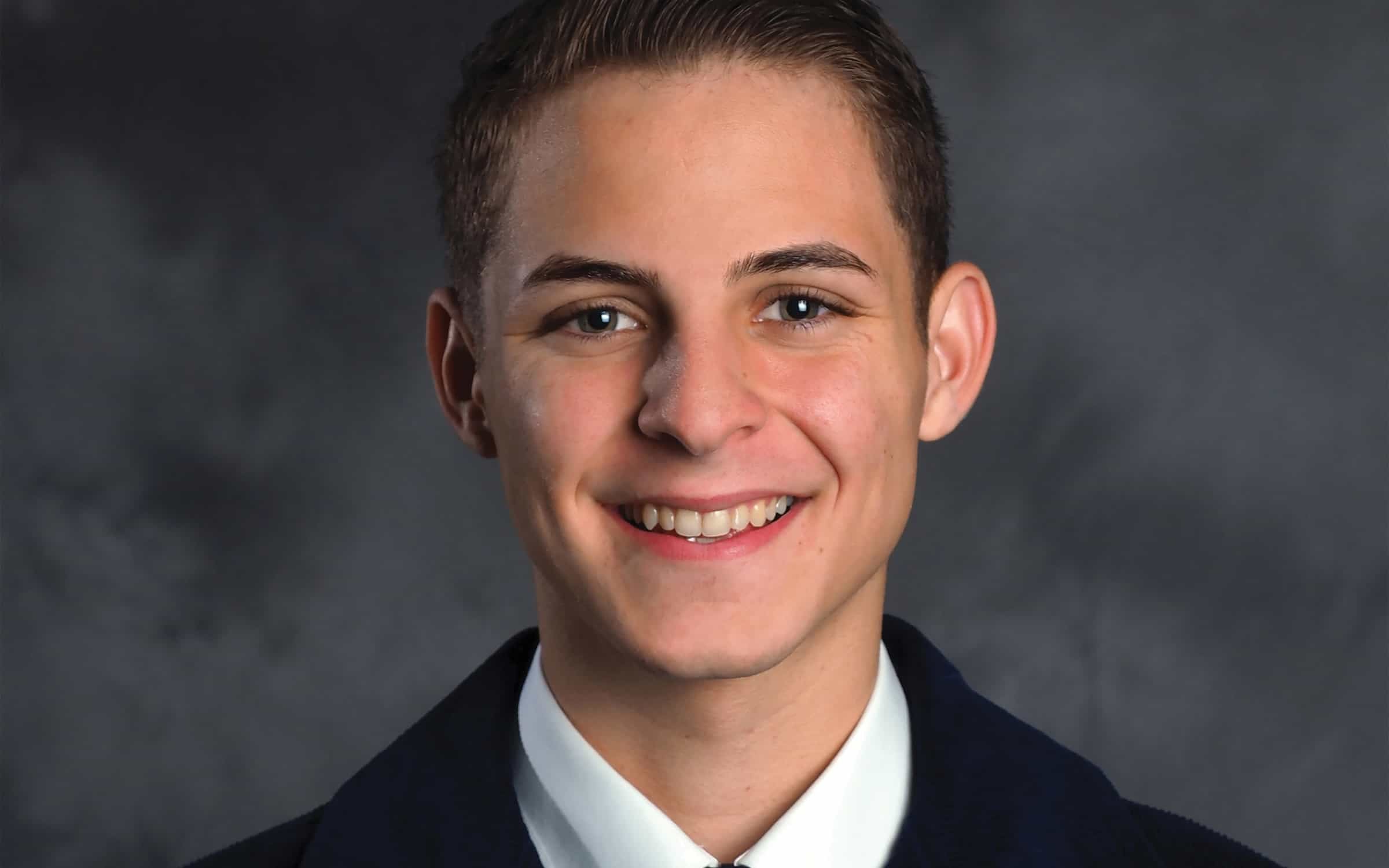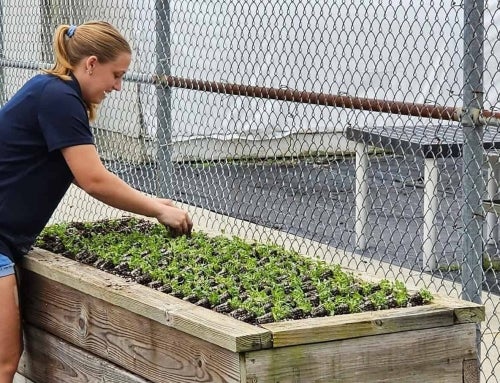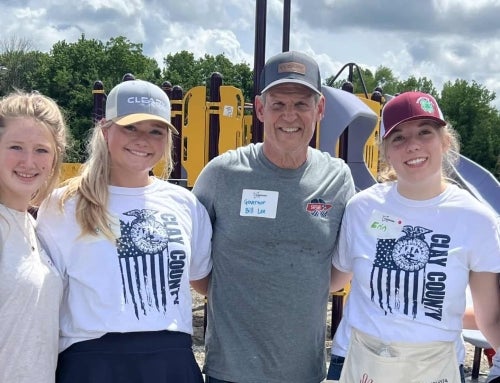In honor of National Hispanic Heritage Month, observed from Sept. 15 through Oct. 15 each year, we caught up with National FFA Southern Region Vice President Yomar Roman to get his perspective on FFA and the importance of Hispanic representation in agriculture. Born and raised in Puerto Rico, Roman grew up working on his dad’s pig farm. He is an animal science major at Universidad de Puerto Rico.
Q: How did you get to where you are today in FFA?
A: I was state FFA president in Puerto Rico, but I didn’t plan to become a national officer because I was busy working on the pig farm. As a Latino, I saw photos of the national officers, and I didn’t see myself in that position. I started thinking about the things that hold people back from leadership positions. Even though my English was not perfect, I realized I have a message to bring to the table. I was determined to be a fighter for other students and tell them to have faith in themselves. When people saw my determination and passion, they began helping me in my journey to become a national officer – and here I am.
Q: In 2018-19, Hispanic members made up 14.8 percent of the National FFA Organization. Why is it important for Hispanics to be well-represented in American agriculture?
A: Latinos play an important role in agriculture. They see farming as a way to serve people, and they love what they do. They understand working on the farm is necessary because otherwise, Puerto Ricans wouldn’t have pork chops on the table. Latinos like to work hard with our hands. It’s not because we are ignorant, or we don’t like to study. It’s because we understand our world needs doctors, lawyers and CEOs, but we also need the people who build the buildings they work in, fix their cars and grow their food. Latinos understand every role has a purpose, and we aren’t ashamed to do every kind of work.
Q: According to the 2017 Census of Agriculture, Hispanics made up 3.3 percent of the country’s 3.4 million producers. What are some challenges Hispanics face in agriculture?
A: Some Hispanics face language challenges and feel they can’t communicate well. Immigrants sometimes face discrimination in how they are paid, how many hours they work, and how they are treated. They have a lot of disadvantages. Farming is a competitive industry, so they can’t just go to their boss and ask for a pay raise because they know many other immigrants want their same job. Some Hispanics want to start their own farms, but you need a lot of money to buy land and equipment, and you need contacts too. They often fear discrimination and are afraid to take risks.
Q: Why is your Hispanic heritage important to you?
A: I’m proud to be a Latino and a Puerto Rican. Hispanics and Latinos are very proud of our ancestors. If you speak with a Mexican, they’ll say, “This recipe has been in my family for generations,” or a Colombian might say, “We make this dessert this way.” Certain things identify us as Latinos. I understand I am the person I am today because the people before me made a path for me. When people see Puerto Rico on our jackets at national convention, they come up and say, “Hey, you speak Spanish? So do I.” That unites us.
Hispanic FFA members don’t need to wait for National Hispanic Heritage Month to be proud of who they are. They may not even speak Spanish, but they should feel proud that their grandma does. Don’t be ashamed; be proud of who you are and the people who came before you.
Q: Do you have any favorite moments from your FFA experience?
A: My first National FFA Convention & Expo in 2017-18 was the year of Hurricane Maria. It happened in September, and convention was in October, so I had to leave my home knowing everything was destroyed. When people saw me at convention, everyone was asking me about my home, and chapters from all over offered to help us with food or money. People kept asking, “What can we do to help you?” That was powerful because I knew even though my island is small, people hadn’t forgotten us. FFA members showed me love, compassion and respect for my people. It was beautiful.
Another favorite moment was when I was elected, and I heard them say, “From the territory of Puerto Rico.” It was a victory for the Latino community because there had not been a national officer from Puerto Rico for 16 years. I think every member in that coliseum could think, “If Yomar can do this, I can do it too.” I’m only the third Puerto Rican national officer. The word diversity has more meaning now on the national officer team.
Additional Resources
Oficial Manual Para Estudiantes de la FFA
FFA New Horizons National Hispanic Heritage Month Lesson Plan
Competitive Events in Spanish
Often, FFA members compete in events in Spanish, and FFA is always looking for qualified bilingual judges to help at these events. If you are an adult who can speak Spanish and interested in helping, click here to sign up.
In My Words
We love when FFA members share what FFA means to them. Watch this Union FFA member from North Carolina share why FFA is important to him in Spanish.
Agricultural Education for All
Agricultural Education for All is a joint partnership of the National Association of Agricultural Educators and the National FFA Organization, with the goal of ensuring that all in agricultural education feel welcome, safe and celebrated as their authentic selves. View our roadmap for Agricultural Education for All and watch our recent town hall.












